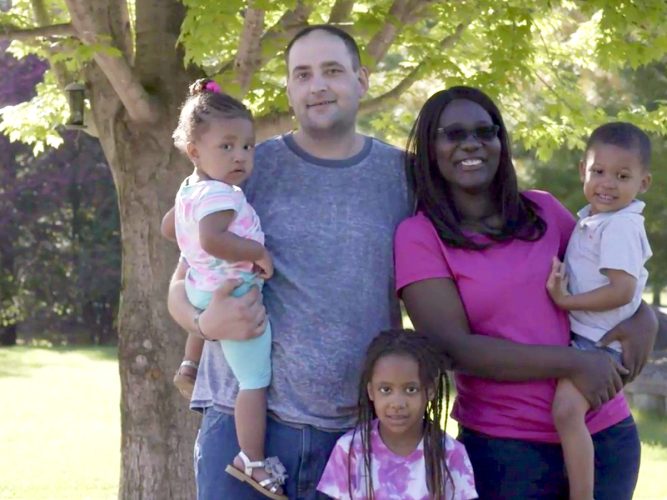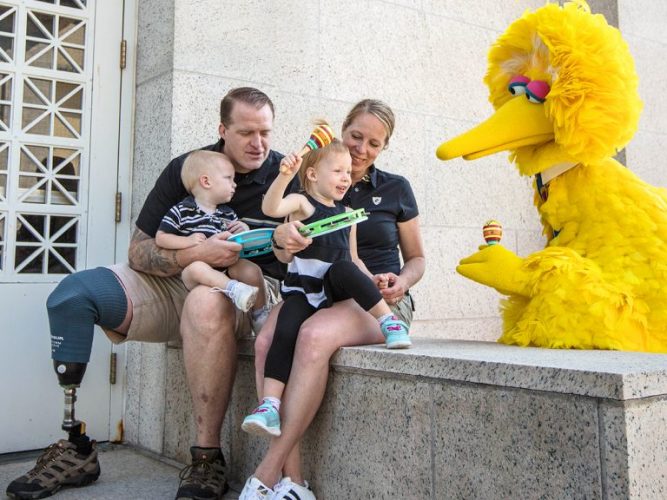
Complex Emotions
Feelings about the caregiving process may come all at once or in waves.
When a parent is injured, children might feel isolated, shocked, angry, overwhelmed, tired, or numb. It may be tempting to brush these feelings aside, but it’s important to acknowledge and learn ways to manage them before they develop into more difficult issues. In time, your family can have hopeful ways of thinking about the future.
Children and grown-ups can benefit from coping strategies like these:
- Write or Create. Keep a journal or sketch book to express feelings, or use found objects to create a feelings sculpture.
- Pray or Meditate. Imagine a safe space in your mind where you’re free to express your feelings and open to receive guidance, insight, or comfort.
- Breathe Deep. Taking deep breaths, in through your nose and out through your mouth, can help foster clarity and focus. Set a reminder to just breathe at a certain time each day.
- Move. Walking, dancing, exercising, or even being very still can help you create a healing mind-body connection.
- Talk It Out. Find someone you trust to share your feelings. Let them know you don’t necessarily need answers, but just to be seen and heard.
- Set a Goal. Working to accomplish a goal can help keep you motivated on the hardest days. Remind yourself daily (even several times a day) that you can do this. You are resilient.

You’ve Done It Before, You’ll Do It Again

Sunny, Stormy, Cloudy Days Podcast
No matter what type of day, sharing feelings and doing simple activities together can help you keep connected.

Helping Each Other After an Injury
Families find strength in working together through changes after an injury.

Care for the Caregivers
Caregivers need support and self care to become a source of strength for their families.

Bravery Badges
Sometimes we all need a reminder that we're courageous.

A Stormy Day Story
When Rosita’s tummy feels funny because her papi is still in the hospital, Mami helps her notice that she’s feeling worried, and they get busy writing love notes for Papi’s return.

Supporting Caregiving Families
A guide to help providers support military and veteran caregiving families.
